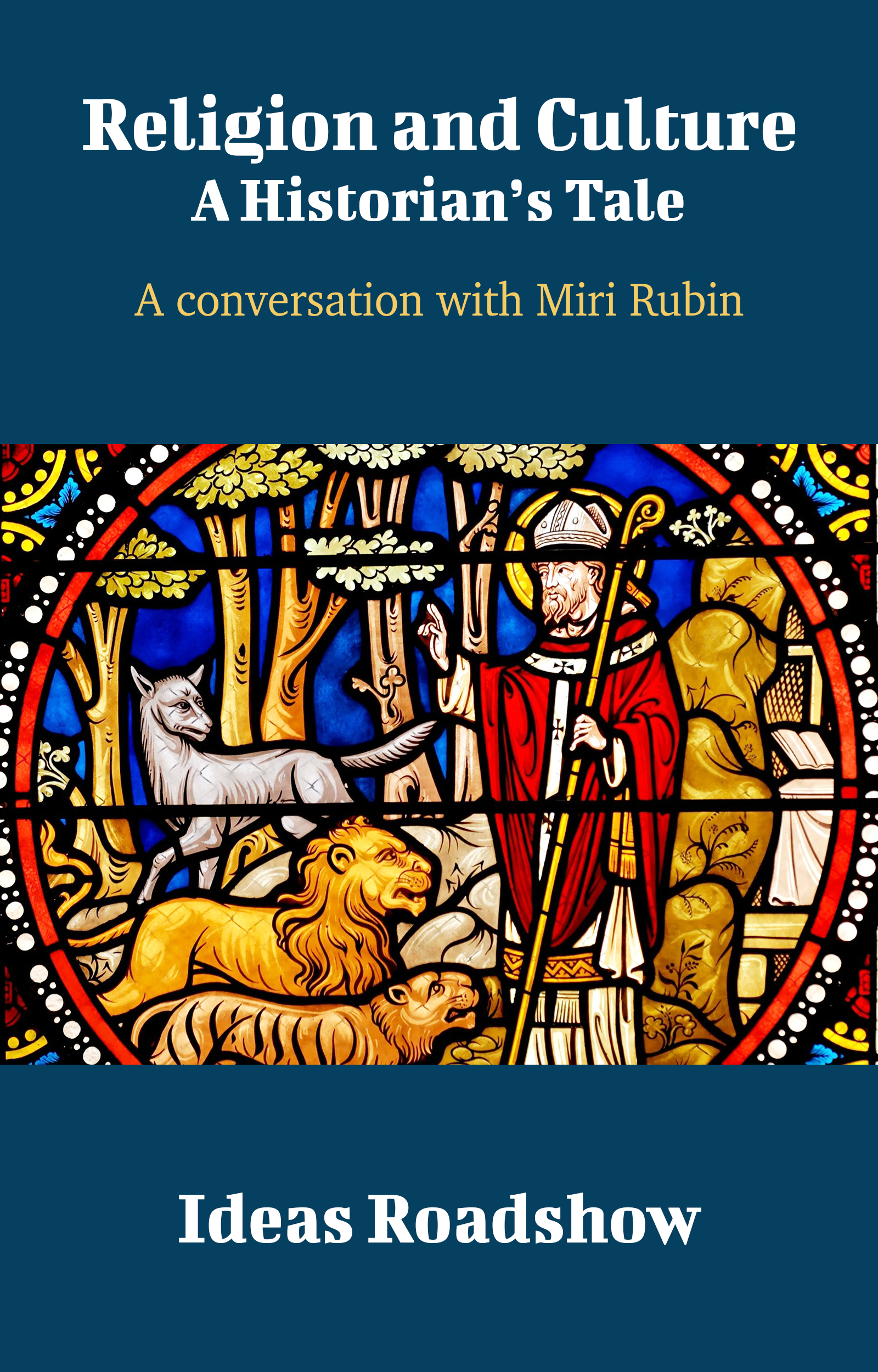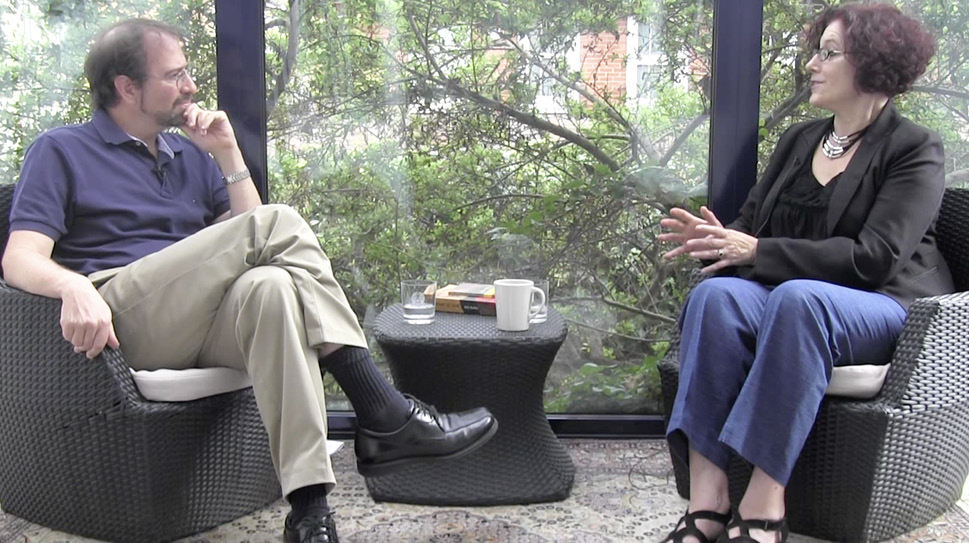Howard Burton - Religion and Culture: A Historians Tale: A Conversation with Miri Rubin
Here you can read online Howard Burton - Religion and Culture: A Historians Tale: A Conversation with Miri Rubin full text of the book (entire story) in english for free. Download pdf and epub, get meaning, cover and reviews about this ebook. year: 2021, publisher: Open Agenda Publishing, genre: Religion. Description of the work, (preface) as well as reviews are available. Best literature library LitArk.com created for fans of good reading and offers a wide selection of genres:
Romance novel
Science fiction
Adventure
Detective
Science
History
Home and family
Prose
Art
Politics
Computer
Non-fiction
Religion
Business
Children
Humor
Choose a favorite category and find really read worthwhile books. Enjoy immersion in the world of imagination, feel the emotions of the characters or learn something new for yourself, make an fascinating discovery.

- Book:Religion and Culture: A Historians Tale: A Conversation with Miri Rubin
- Author:
- Publisher:Open Agenda Publishing
- Genre:
- Year:2021
- Rating:3 / 5
- Favourites:Add to favourites
- Your mark:
Religion and Culture: A Historians Tale: A Conversation with Miri Rubin: summary, description and annotation
We offer to read an annotation, description, summary or preface (depends on what the author of the book "Religion and Culture: A Historians Tale: A Conversation with Miri Rubin" wrote himself). If you haven't found the necessary information about the book — write in the comments, we will try to find it.
This book is based on an in-depth conversation between Howard Burton and Miri Rubin, Professor of Medieval and Early Modern History at Queen Mary University of London. After behind-the-scenes insights into Miri Rubins career path which led her from chemistry to working in an orthopaedic hospital to studying medieval history with a cultural anthropologist persuasion to the subject of medieval Christianity, this wide-ranging conversation covers several books that Miri Rubin has written, including The Life and Passion of William of Norwich; Mother of God: A History of the Virgin Mary; Emotion and Devotion: The Meaning of Mary in Medieval Religious Cultures; The Middle Ages: A Very Short Introduction; and Cities of Strangers: Making Lives in Medieval Europe.
This carefully-edited book includes an introduction, Cultural Contact, and questions for discussion at the end of each chapter:
I. Historical Beginnings - From Jerusalem to Cambridge
II. Life on the Ground - Hope, human agency and hemorrhoids
III. William of Norwich - Fabricating hatred
IV. Mother of God - An ambitious project
V. Doing History - Then, now and in the future
About Ideas Roadshow Conversations Series (100 books):
Presented in an accessible, conversational format, Ideas Roadshow books not only explore frontline academic research featuring world-leading researchers, including 3 Nobel Laureates, but also reveal the inspirations and personal journeys behind the research. Howard Burton holds a PhD in physics and an MA in philosophy, and was the Founding Director of Canadas Perimeter Institute for Theoretical Physics.
Presented in an accessible, conversational format, Ideas Roadshow books not only explore frontline academic research featuring world-leading researchers, including 3 Nobel Laureates, but also reveal the inspirations and personal journeys behind the research. Howard Burton holds a PhD in physics and an MA in philosophy, and was the Founding Director of Canadas Perimeter Institute for Theoretical Physics.
Howard Burton: author's other books
Who wrote Religion and Culture: A Historians Tale: A Conversation with Miri Rubin? Find out the surname, the name of the author of the book and a list of all author's works by series.








